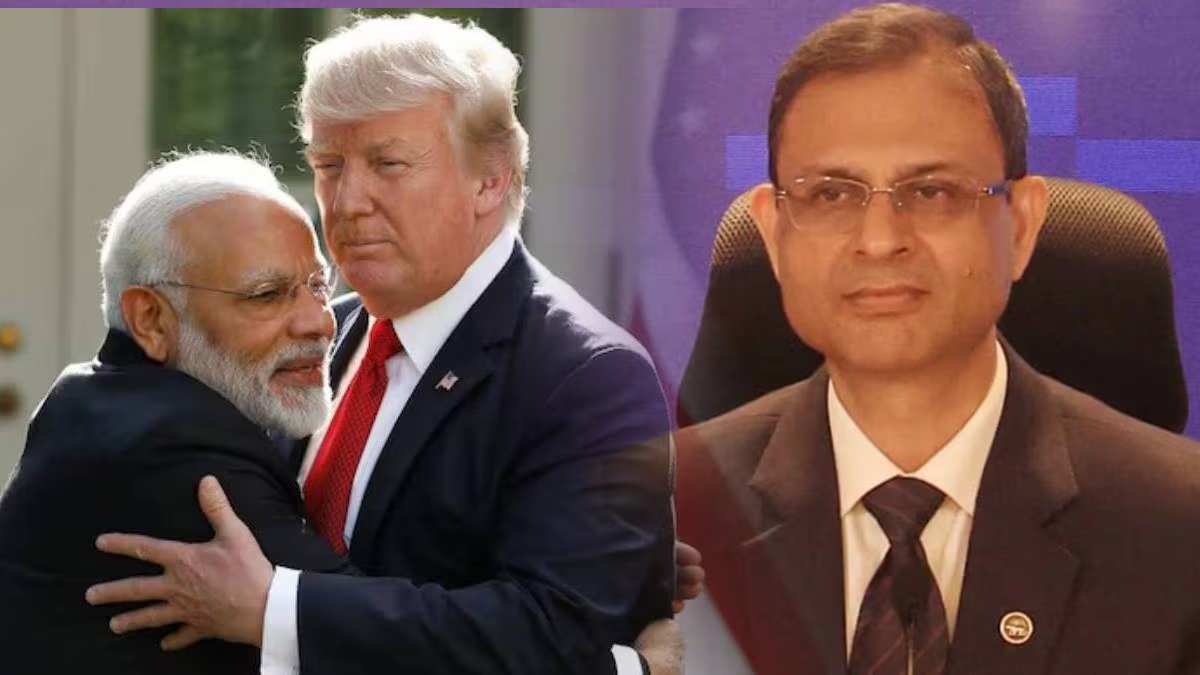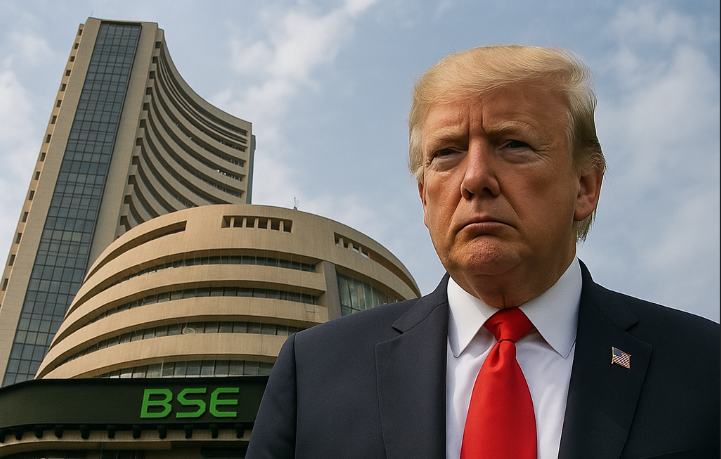On the same day that President Donald Trump’s tariffs went into effect, Reserve Bank of India Governor Sanjay Malhotra stated that India is actively negotiating trade with the US administration.
“Quantification of impact of global developments on growth currently difficult,” Mr. Malhotra stated in a speech announcing the Monetary Policy Committee’s (MPC) recommendations.
“To deliberate and decide on the policy reparations, the global economic outlook is fast changing. The recent trade tariff-related measures have exacerbated uncertainties, clouding the economic outlook across regions, posing new headwinds for global growth and inflation. Amidst this turbulence, the US dollar has weakened appreciably,” he stated.
He added that while global trade and policy uncertainties will impede growth, there is no concern about managing domestic growth.
In other announcements, the central bank said the repo rate will be cut by 25 basis points to 6 per cent. This marks the second consecutive rate cut in recent months. On February 7, the central bank had reduced the repo rate from 6.5 per cent to 6.25 per cent.
The announcements came after Trump’s punishing tariffs on dozens of economies came in force, including over 100 per cent in levies against Chinese goods, dramatically ramping up a devastating global trade war.
According to Trump, tariffs are “taking in almost $2 billion a day” for the US.
Following a day’s rest, benchmark equity indices fell in early trading, mirroring losses in Asian markets due to rising trade concerns.Early trading saw the 30-share BSE benchmark Sensex fall 554.02 points to 73,673.06. At 22,357, the NSE Nifty fell 178.85 points.
While the Shanghai SSE Composite index quoted slightly higher, the Nikkei 225 index of Tokyo, the Kospi index of South Korea, and the Hang Seng index of Hong Kong were all trading lower in Asian markets. The Nikkei 225 index in Tokyo fell 3.63 percent.











